Brother Omaron was probably dead. It wasn’t definitive, no one had checked his pulse. We weren’t allowed to, part of the Greater Plan authored by Brother Omaron himself. “In case I shall be struck down by Heavenly Father, His aura shall roam near, and I will be pure.” (Subsection 2 of the Greatest Plan). There were three of us there, myself and Brother Dan. The third was a brown labrador retriever that had quickly risen up the ranks of our brotherhood, Brother Bark, and he sniffed the body of Brother Omaron with fierce curiosity.
“Shoo!” said Brother Dan. “You’ll desecrate all we’ve accomplished! Go on, Brother Bark, out!”
Brother Bark sniffed once more, sneezed into his brown coat of fine fur, and trotted from the tent.
“I’m sorry, Brother Solomon,” said Brother Dan. “I didn’t mean to disrespect Brother Bark as I had, but you saw where his nose was sniffing. If I didn’t intervene, he might have sniffed up Heavenly Father’s aura.”
I nodded and thought my secret thoughts, the ones that should have been purged from my conscious upon entering the brotherhood, but I could not help but wrinkle my brow and partially raise an eyebrow.
“Brother Solomon! The accursed mask of doubt is on your face!”
I cleared my throat, straightening my features. “Right. Brother Dan?” I asked, “Do you know how long we are to let Brother Omaron lay on the floor before the aura of Heavenly Father, I don’t know, heads elsewhere?”
“What pertinence,” Brother Dan dismissed. “Heavenly Father will leave when He sees fit. We are bystanders basking in His graces. He is here, among us! Do you not feel His presence, Brother?”
A slight wind rustled the tent flap of Brother Omaron’s teepee, it smelled faintly of toasted marshmallows and smoke coming from the Bon Fire of Sacrifices—really, just a big fire made from still-wet wood from the campsite. I could hear laughter, and someone shouting, “Brother Bark, fetch!”
I shrugged, another sign of the demonic doubt, so Brother Omaron told me. I might have said more, but didn’t, and reached out to Brother Dan’s hand—he was crying, overwhelmed, I think. We watched in silence as Heavenly Father’s aura roamed over the still, bloodied body of our former Brother, his stiffened hand resembling what it must have looked like just before pulling the trigger of his Civil War replica firearm.
“I do, Brother Dan,” I answered at last, squeezing Brother Dan’s hand. “As Heavenly Father wills it, I do.”




















